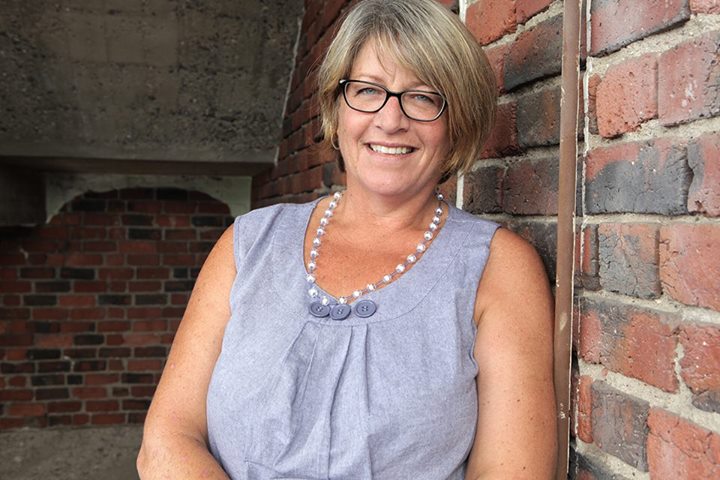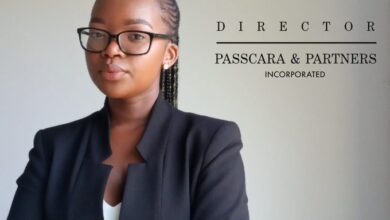Inyathelo – ‘Enhancing civil society’

Inyathelo is a South African NGO which wants to bring excellence to the civil society. To achieve this goal, they work on the transformation of non-profit organizations and universities to help them in their development and fundraising. Furthermore, by showing individuals how to give money strategically to have a big impact, Inyathelo creates new philanthropists all across the country. Gabrielle Ritchie, program director, explains us in details what Inyathelo is all about.

Gabrielle Ritchie, program director of Inyathelo
SparkTour Africa: Why Inyathelo was created?
Gabrielle Ritchie, program director of Inyathelo: Inyathelo was initially set up in 2002 to support universities in the efforts to attract donor fund. It was recognized by the founders of Inyathelo that universities would increasingly need to attract external funding beyond what government was able to provide. Inyathelo began in 2006 to work with non-profit organizations and to work in the philanthropy space.
The method you are using is called ‘The ten elements of advancement’, what is it about?
The ten elements of advancement is Inyathelo’s approach to help organizations in their development and in their fundraising. For an organization to attract money, it is not just about having good fundraising skills. It is not about how you write a proposal, how you identify appropriate donor or how you can report properly to the donor. There are different key areas that are critical to attract funding: organization leadership, governance, visibility of the institution, external relationships or human capacity, etc.
‘For an organization to attract money, it is not just about having good fundraising skills.’
So, you are doing consultancy to bring excellence in the civil society?
That is a good way of phrasing what we do. All our approach is around excellence: we are committed to deliver good training, good capacity development, and good knowledge resources that are accessible.
‘All our approach is around excellence.’
What are the main results of Inyathelo?
The idea of philanthropy in the media increased dramatically, as we have worked quite hard in the last seven years to engage with media to see stories about issues affecting civil society in general. Several organizations have strengthened their operations, increased their size, and diversified their donors.
In the high education field, we have been able to see a whole range of new spaces to make conversations happening between each organization and with private philanthropy. We have been able to bring people around the tables in the philanthropy space specifically: government, philanthropists, and local South African foundations.
Last but not least, we have achieved significantly in the advocacy space around different subjects like encouraging citizens to engage in the legislative space.

Do you have three words to describe the spirit of Inyathelo?
Innovative, independent, inspiring.
What was the biggest difficulty since the creation?
Our biggest challenge has always been: ‘how do we provide the services that are needed to the organizations that need those services, without compromising the quality of what we are able to offer?’
How do you see Inyathelo in 10 years?
The next 10 years are going to be quite exciting, as we will open a civil society hub as a physical space at the beginning of 2015. That will be an energetic open space for organizations and individuals to come in to share with each other and encourage peer learning. In the next 10 years I want to see far more strategic philanthropy taking place in South Africa.
‘The next 10 years are going to be quite exciting.’
Today, a lot of young South-Africans want to embark on an entrepreneurial adventure to help society. Do you have a piece of advice for them?
There are many differences between for-profit and non-profit entities. The one thing to bear in mind is that increasingly these organizations are going to rely less and less on big companies and more and more on individuals tacking initiative, opening up spaces, starting their own businesses, initiating their own organizations. For those who want to start for-profits, my advice would be to wonder: ‘how I can have a positive impact socially?’
Do you believe in the power of the people?
Absolutely. We don’t recognize enough the power that we do have and the power of coming together.
‘We don’t recognize enough the power that we do have and the power of coming together.’




